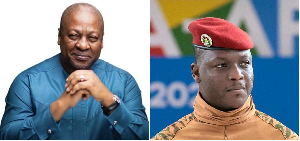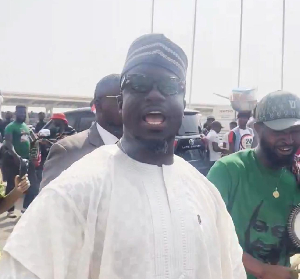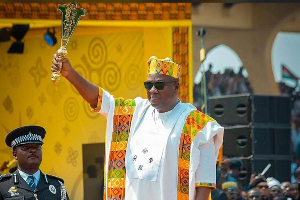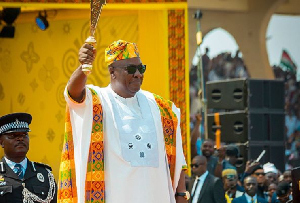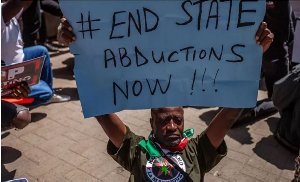Spencer Wan Blog of Monday, 6 January 2025
Source: Eric Afatsao
Mahama Flees Covid Taxes and E-Levy
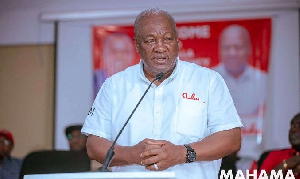
The unexpected reversal of President-elect John Mahama's campaign pledge to repeal the Electronic Levy (E-Levy) and other associated taxes imposed by the Akufo-Addo administration is a surprise development.
John Mahama, the incoming president, has stated that the E-Levy and Covid levies are linked to the International Monetary Fund (IMF) and cannot be promptly eliminated, despite his strong opposition to them throughout his campaign.
A 1.5% tax on electronic transactions, including as bank transfers, merchant payments, and mobile money transfers, was implemented in 2022 and is known as the E-Levy.
The National Democratic Congress (NDC), the opposition party, vigorously opposed the tax, claiming that it would unfairly impact small enterprises and low-income individuals.
If John Mahama, the flagbearer for the NDC, wins the election within the first ninety days, he would eliminate the E-Levy and other nuisance levies.
It now seems, nevertheless, that the administration of John Mahama would not be able to instantly keep this pledge.
According to Mr. Mahama, who was speaking at a seminar, the E-Levy and other levies are among the requirements set by the IMF for Ghana's economic rescue plan.
Ken Ofori-Atta, the former finance minister, suggested the e-levy before to signing the IMF agreement, hence it was never linked to the IMF conditionalities.
This implies that the taxes cannot be eliminated unless they are "neutralized."
Many Ghanaians are probably disappointed by the announcement because they had thought that the new government would ease the tax load.
The E-Levy has drawn special criticism for its effects on the weak and impoverished.
How Mahama's administration handles this difficult situation and strikes a balance between carrying out its campaign pledges and the IMF program's obligations is still up in the air.






